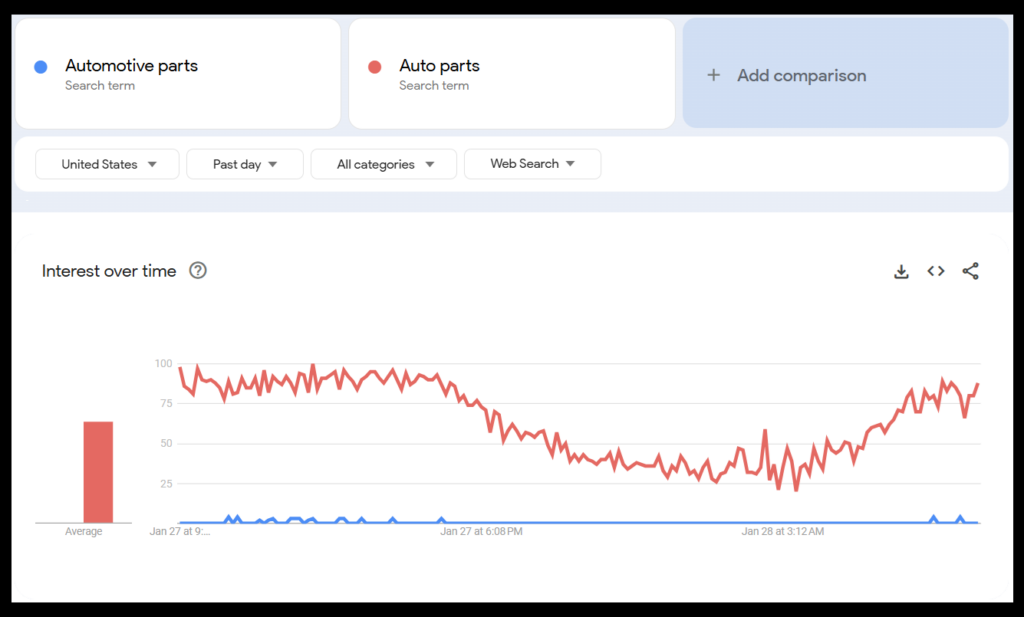Multilingual Content: Why it is important for SEO and Digital Marketing campaigns.
Reaching a global audience is no longer optional; it has become a critical requirement for businesses striving to succeed in today’s interconnected world. However, effectively engaging international markets involves localizing your content in a manner that creates a message aligned with the cultural and linguistic nuances of your target audience.
Additionally, a multilingual SEO strategy is key to business that aims to expand globally. Through SEO localization, you can align your content with what your audience searches for, discusses, and evaluates online.
3 Key Aspects of the SEO Localization Process.
SEO, or search engine optimization, is about ensuring your audience finds you at the right moment. While creating content in multiple languages for your target markets can improve local search engine rankings in different regions, it is only one part of the equation. It’s equally important to address the critical question: “Are these the terms my audience uses to search for my product?”
With this as a starting point, at Australis Localization we have identified three key aspects to consider when starting an SEO localization process:
1. Keyword localization according to frequent search expressions: Literal translations of keywords will fall short. Instead, we research your audience’s search habits to detect the most relevant search terms for each target language and region.
The best way to generate great keywords is to combine the use of Keyword Search apps such as Google Trends, with professional in-country translators that will provide keywords that are natural to the people in the region you’re targeting.
For example, consider a foreign businessman planning to sell vehicle parts in the United States. If he translates the search term he knows for this product, he might use “Automotive parts.” However, U.S. consumers are more likely to search for “Auto parts.” As shown in the graph below, selecting the right keywords can significantly impact the effectiveness of a campaign, as some terms resonate more strongly with the target audience than others.

2. Technical Localization for SEO Elements: SEO localization extends beyond visible content; it also involves adapting technical elements such as meta titles, meta descriptions, and alt text for images. These elements must include localized keywords to improve search rankings and click-through rates.
This part of the SEO localization process can be a bit time-consuming, but it really pays off when you have a platform entirely designed for a foreign audience. A multilingual website that has its internal structure configured in different languages will make it easier for search engines to identify it as relevant for a specific search.
3. User Intent Alignment: Understanding and addressing user intent is essential in the SEO localization process. It’s not just about translating content but ensuring that it answers the specific needs and expectations of the target audience. Users in different regions may search for the same product or service differently based on their intent, preferences, or habits.
For example, while one audience might look for “affordable hotels,” another might prioritize “family-friendly accommodations.” This concept is especially useful when translating and localizing advertising content or ads, as it brings us closer to the specific topics that the target audience usually searches for.
3 Reasons Why Multilingual Content Is Essential in Digital Marketing.
Multilingual content is essential for the global success of digital marketing campaigns. Whether through emails, social media, or product pages, reaching customers in their language builds trust and encourages interaction. Here’s why it matters:
1. Cultural Relevance: Cultural relevance in marketing involves more than the direct translation of your current marketing materials; it requires an accurate localization to reflect the cultural values of the target audience. In this context, direct translation can miss local nuances, so creating content that resonates with the audience’s cultural experiences is essential.
When done correctly, culturally relevant content builds trust and loyalty. Consumers are more likely to engage with a brand that acknowledges their cultural values. However, neglecting cultural relevance can alienate the audience, causing the content to appear tone-deaf or offensive. A failure to adapt the message can also limit its effectiveness, reducing the brand’s impact. Ultimately, cultural relevance is crucial for establishing meaningful connections and ensuring the success of marketing efforts.
2. Higher Conversion Rates: People are more likely to act, whether subscribing, purchasing, or sharing, when they understand and relate to your message.
For example, a company that is localizing its email campaigns could experience an increase in click-through rate, as its target audience would be more likely to read content in their native language.
3. Broader Reach: Multilingual campaigns help you tap into new markets without overhauling your entire strategy. For example, a U.S. service app that translates its ads and app interface into Mandarin can effectively target Chinese-speaking audiences domestically and abroad.
Final Thoughts.
Multilingual content is no longer optional for businesses that want to succeed in today’s competitive business landscape. Whether it’s improving your SEO strategy across multiple markets or creating content that connects with your target audience on a more personal level, adopting a multilingual approach is the first step toward achieving global growth.
Translating and localizing your content, or even developing entirely new content, such as alternative texts, culturally focused campaigns, and more can be very challenging. For this type of scenarios, Australis Localization is here to support you. We specialize in everything multilingual, from localizing your SEO to managing multilingual projects across various formats, including text, images, video, and audio.
Visit our website for more information and let us help you build a stronger connection with your audiences worldwide.

